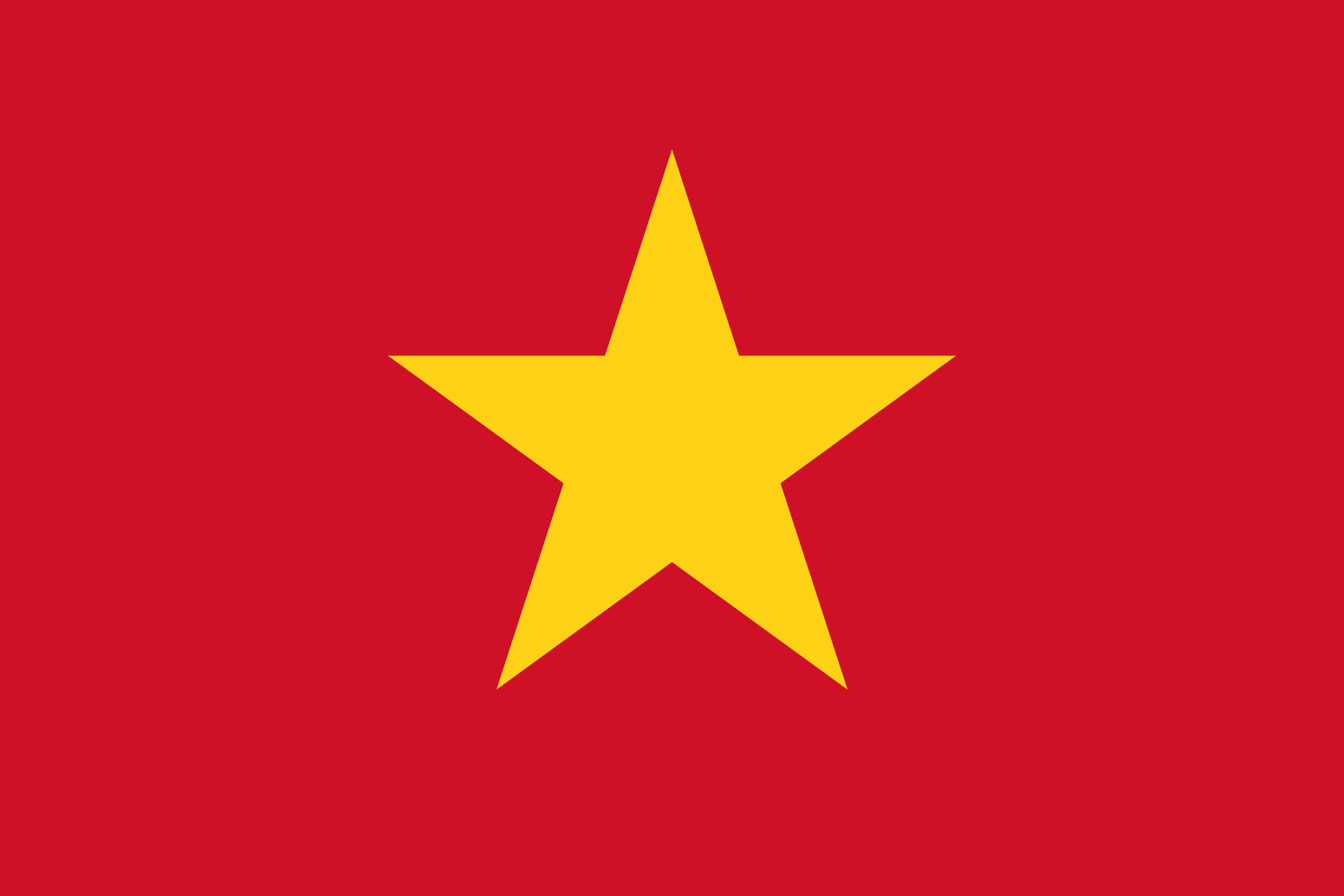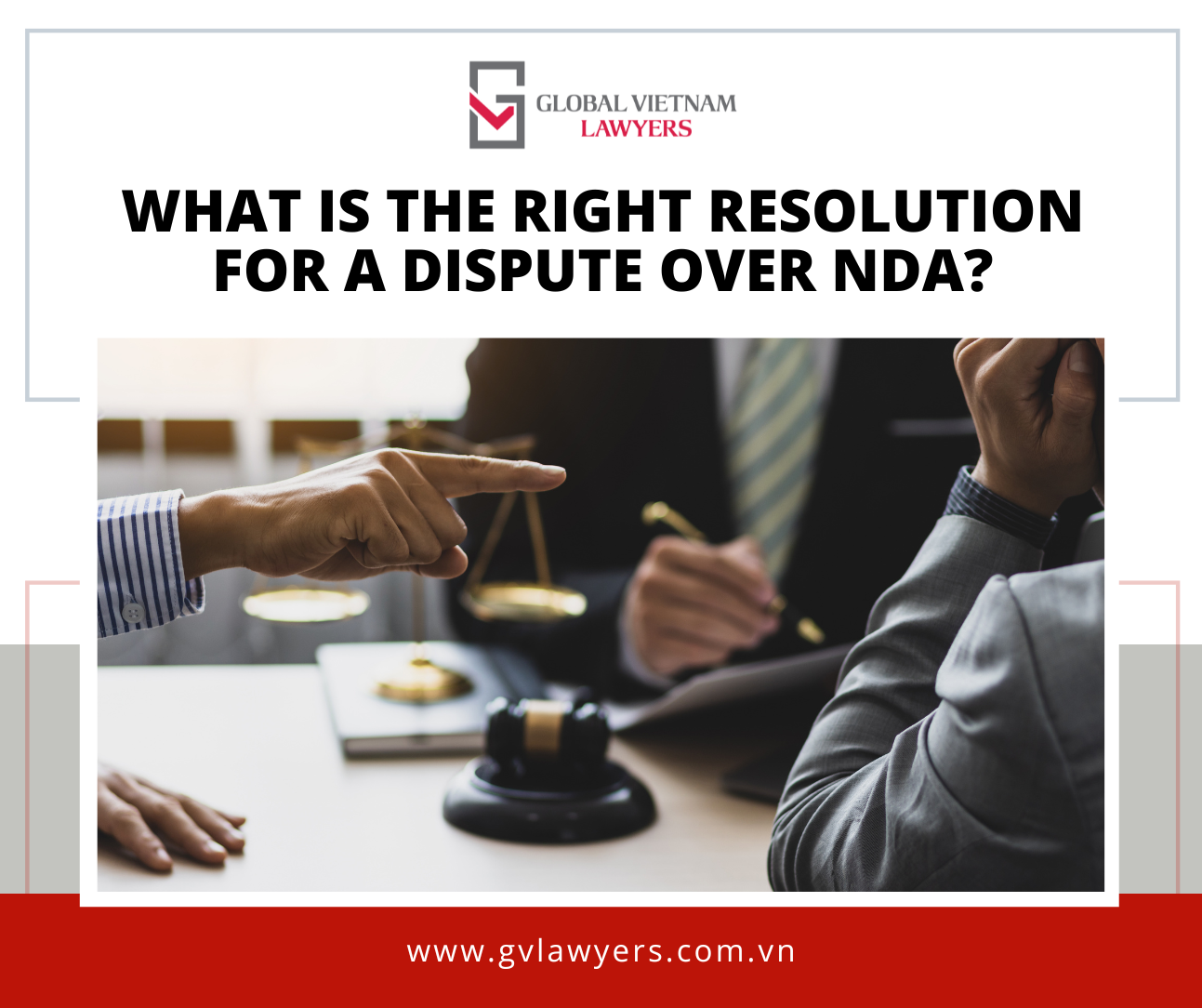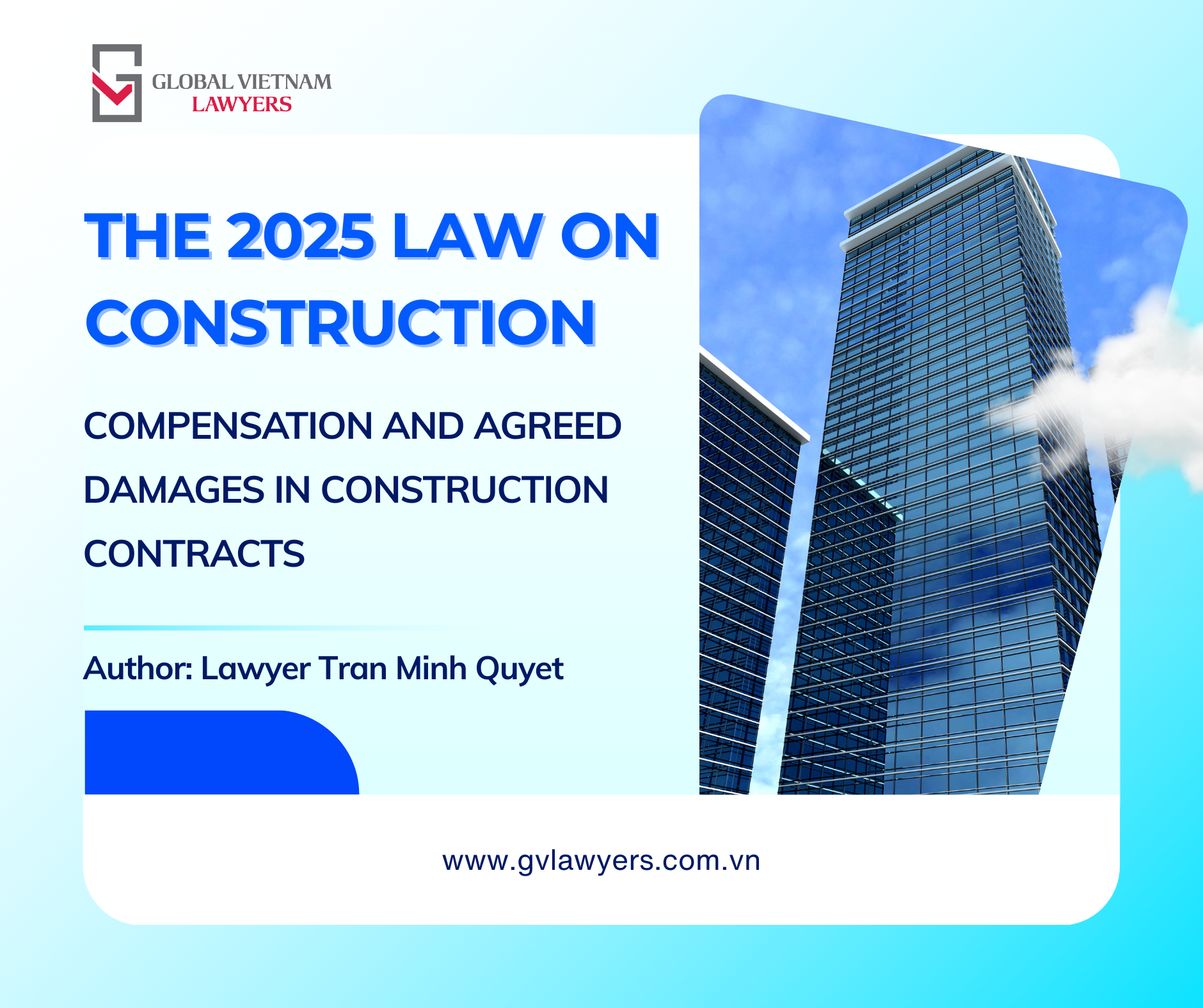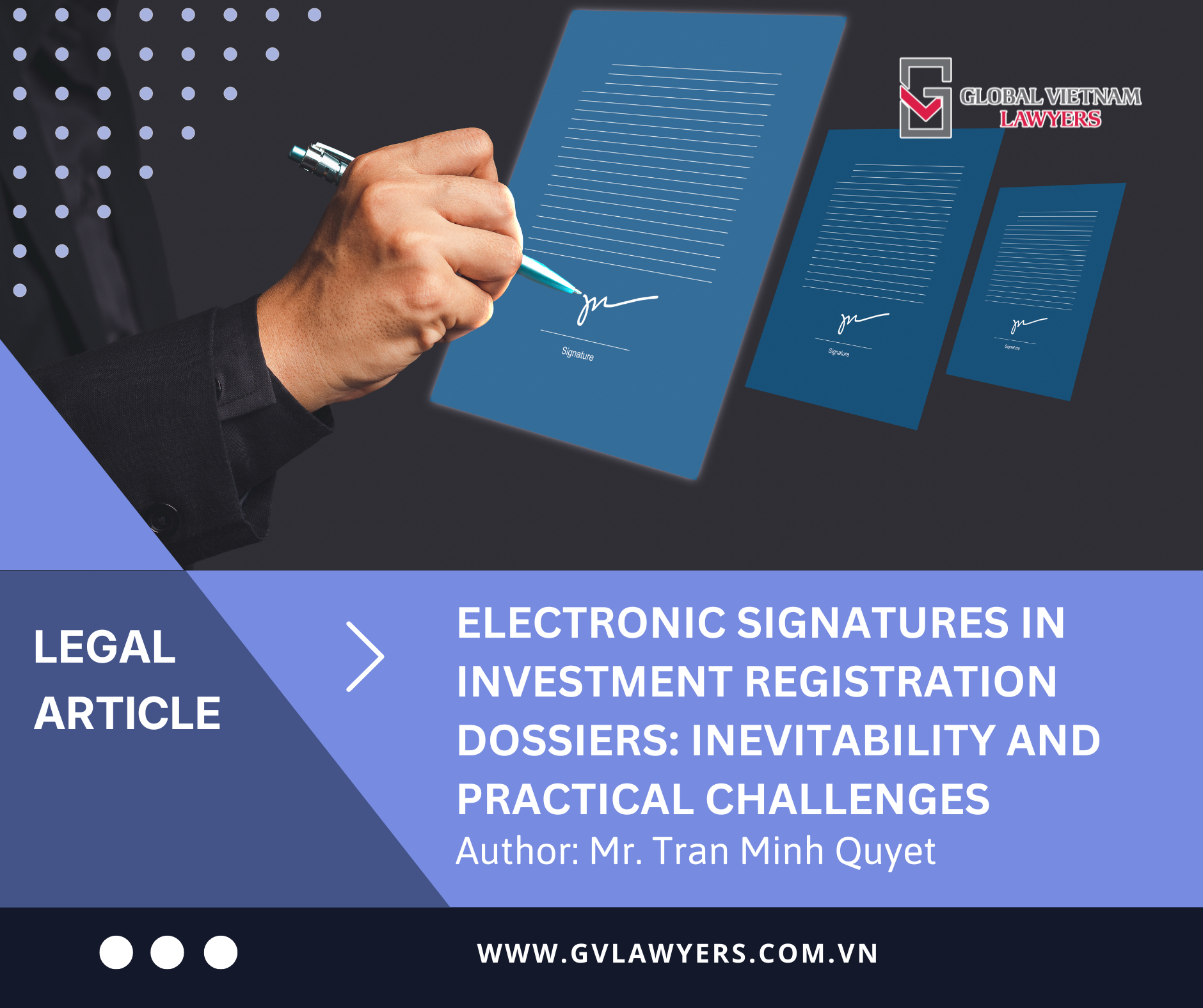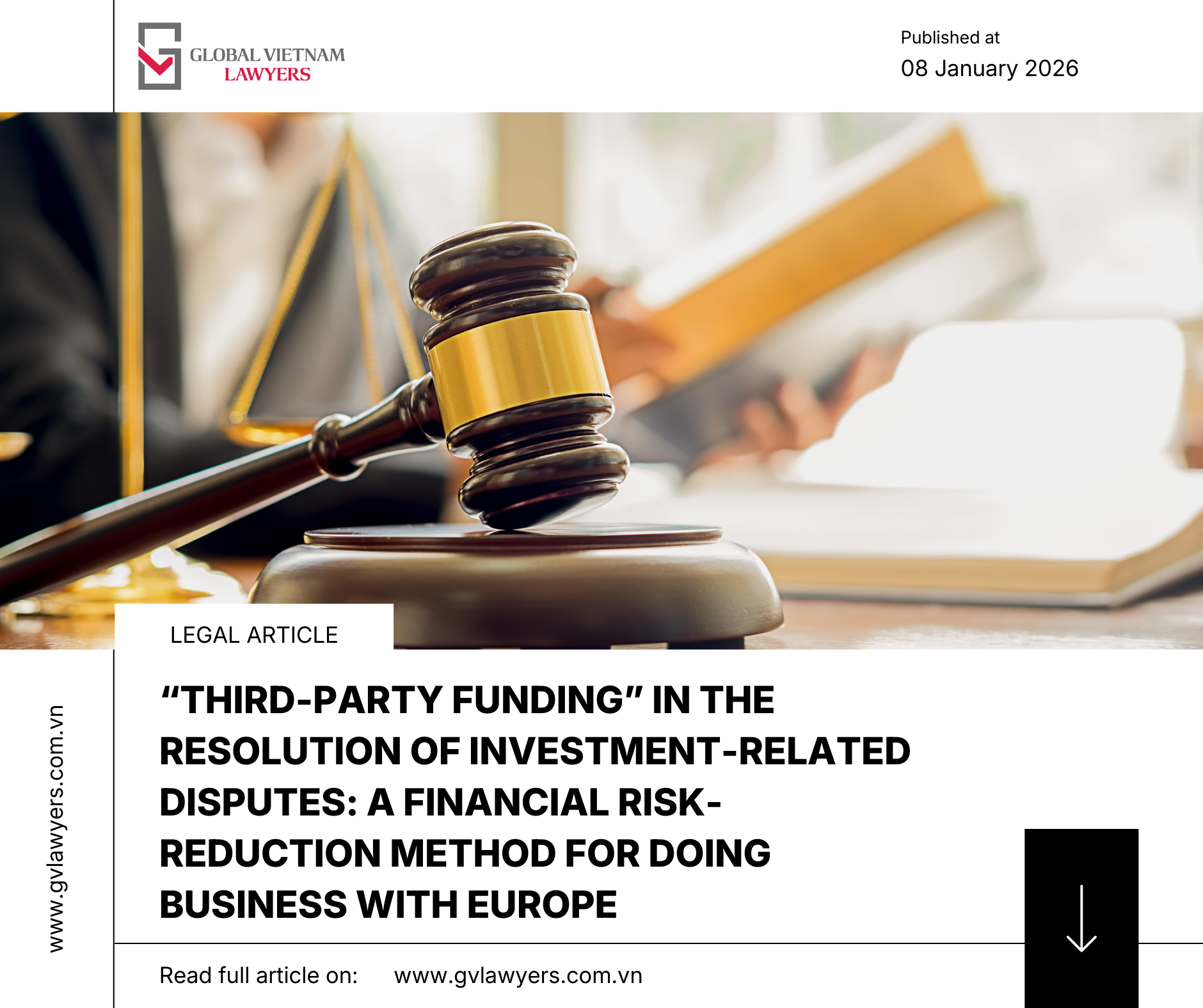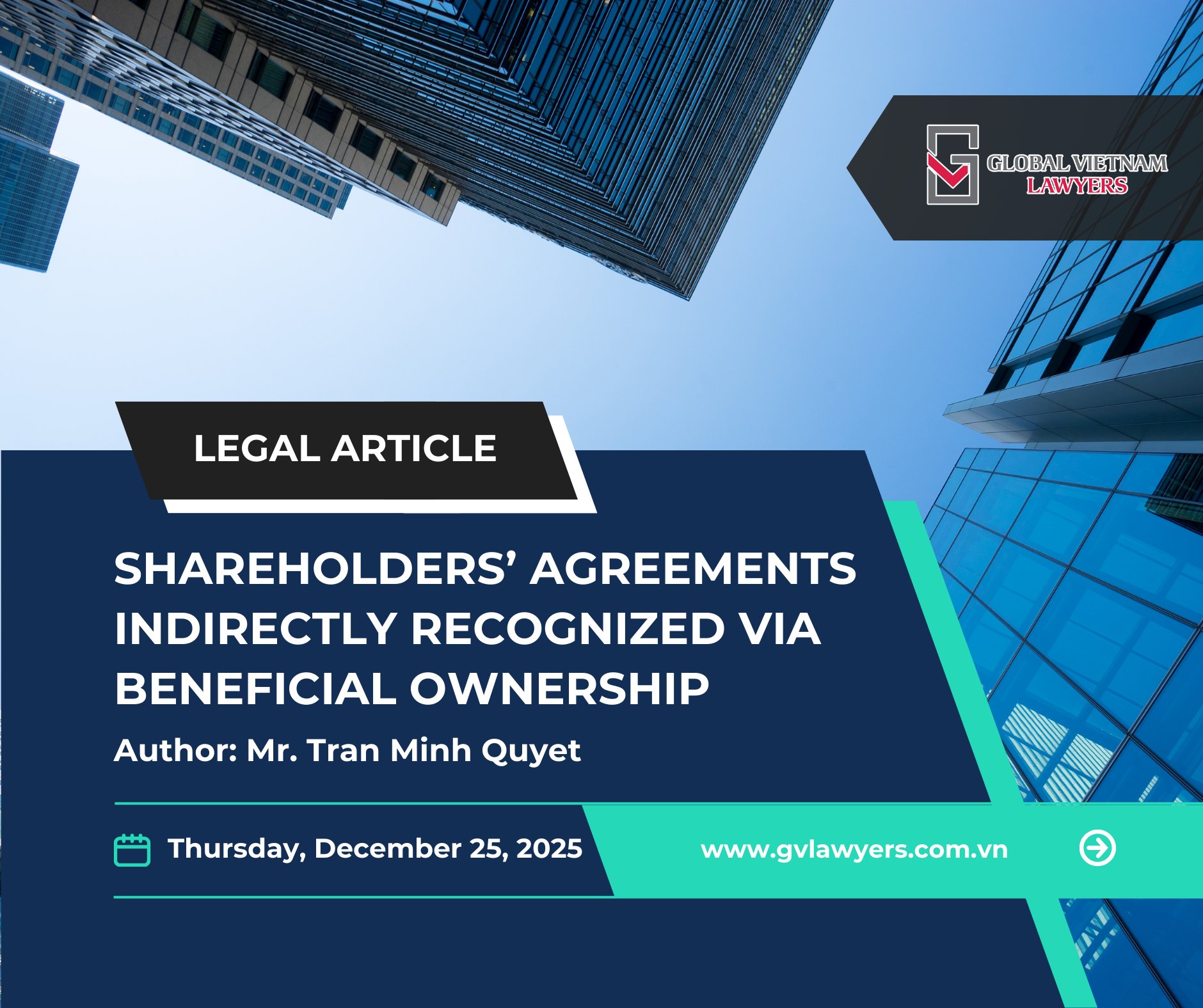An article by Lawyer Dinh Quang Thuan titled “What is the right resolution for a dispute over NDA?” published on The Saigon Times, No. 29-2018 (1.440) on July 19, 2018.
***
As of 12-07-2018, Saigon Times posted two articles about a dispute over a non-disclosure & non-competition agreement (NDA). The two interesting articles have been written by two lawyers with their distinct views.
For the disputes over the NDA provision that employees are not allowed to work for competitors, during over 10 years, courts have always ruled in favor of employees because they consider it unlawful to prevent resigning employees from working for other enterprises no matter competitors. Therefore, enterprises seem to accept the fact that the non-competition provision in a NDA is just to make it sound “technical” rather than help them to win against employees in a dispute. But this time, NDA at issue has called a greater attention since arbitrators in the capacity of a hearing body made an astounding turnaround.
In the opinions of lawyer Nguyen Ngoc Bich, the author of the article titled “Non-competition provision in NDAs” posted in Saigon Times, judgments in favour of enterprises in similar cases will become obvious. And that the court has refused to cancel the arbitral award (as in the said case) shows that courts no longer seem to side with employees in disputes over NDAs, even when they are brought to the court for settlement.
Thus does NDA provide sufficient grounds towards the official application of a legal framework?
The author comments that the first thing is to clarify how the Vietnamese law provide for NDAs. Pursuant to Article 23 of the applicable Labour Code, enterprises may enter into agreements with employees on the details and period of protection of trade secrets and technological know-hows, rights and interests, and compensation in case of violations by employees. These agreements are interpreted as including the provision on “non-disclosure”, but whether they include the provision on “non-competition” seems unclear since there has never been any breakthrough event to show that this kind of interpretation is widely accepted.
In short, the Labour Code does not cover any clear protection of the provision that “employees are not allowed to work for competitors”, not to mention that it transparently provides employees with the freedom to seek jobs.
So what about the Law on Intellectual Property? Its Article 84 provides that business secrets are protected if they are kept in confidence by the owner through the necessary measures so that such business secrets could not be disclosed and be easily inaccessible. However, not every corporate information is considered a business secret protected by the Law on Intellectual Property. Article 4.23 of the IP Law stipulates that business secrets must be the information obtained from financial and intellectual investment activities, that is not disclosed and likely to be used in business. Suppose an enterprise requires an employee to sign an NDA, but the information described in the NDA is not considered a business secret, or there is the fact that the enterprise does not give employees any information that is considered confidential in accordance with Article 4.23 of the IP Law. Thus, is the employee considered a violation of the NDA?
The writer has referred to an arbitral award over the NDA dispute of this type whereby an arbitrator identifies an employee as violating the NDA and the employee must compensate the employer for an amount worth of one-year employee salary. An almost 6-page analysis of the ruling contains no line indicating whether all pieces of information described in the NDA are eligible to be treated as a business secret in accordance with the law, whether they are disclosed (at the time the employee allegedly violates the NDA) or whether they are likely to be used in business
Regarding the jurisdiction of the court and arbitrators, the comments by Lawyer Nguyen Ngoc Bich comments show that he acknowledges the NDA from the labour law perspective during the period employees work for enterprises. However, he did not explain why the NDA changed the nature from labour aspect to commercial/civil aspect when employees resigned from their jobs. As regards this issue, in the article titled “NDA Dispute: who voluntarily “lives under the yoke”?” posted in Saigon Times, Lawyer Lac Duy said that the NDA-related dispute must be a labour dispute because it is an arising dispute over the rights, obligations and interests between the parties in the labour relationship as defined in Article 3 of the Labour Code.
Anyway, from different perspectives, it may lead to different ways to deal with a rather important and sensitive matter such as NDA, and the Supreme People’s Court should provide guidelines on the consistent application of the law relating to this issue.


